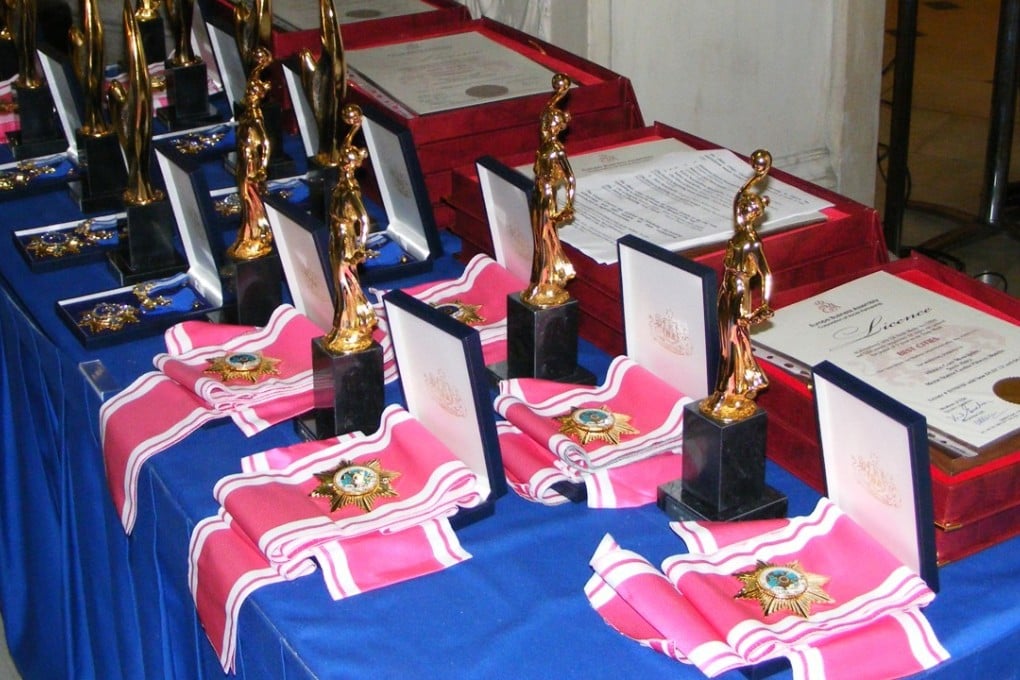Chinese wind energy firm in Oxford fake awards scam, report says
Longyuan Power said to have paid for ‘recognition’ from company run by Ukrainian businessmen

A Chinese wind power firm has apparently fallen victim to a scam that traded on the University of Oxford’s name to sell fake awards to companies, according to media reports.
State-run Longyuan Power Group allegedly paid for the made-up award of “Best Enterprise” in 2011 from the Europe Business Assembly, which claimed it could provide “recognition from Oxford”, the official Beijing Youth Daily reported on Wednesday.
Longyuan Power appears on a list of award-winning “world famous brands” on the EBA website.
The general manager of the wind power producer, which has its headquarters in Beijing, was also named “Manager of the Year”, the report said.

But a Longyuan spokesman told the newspaper that the company had received many honours in recent years and he could not comment on the EBA awards as he did not recall them.